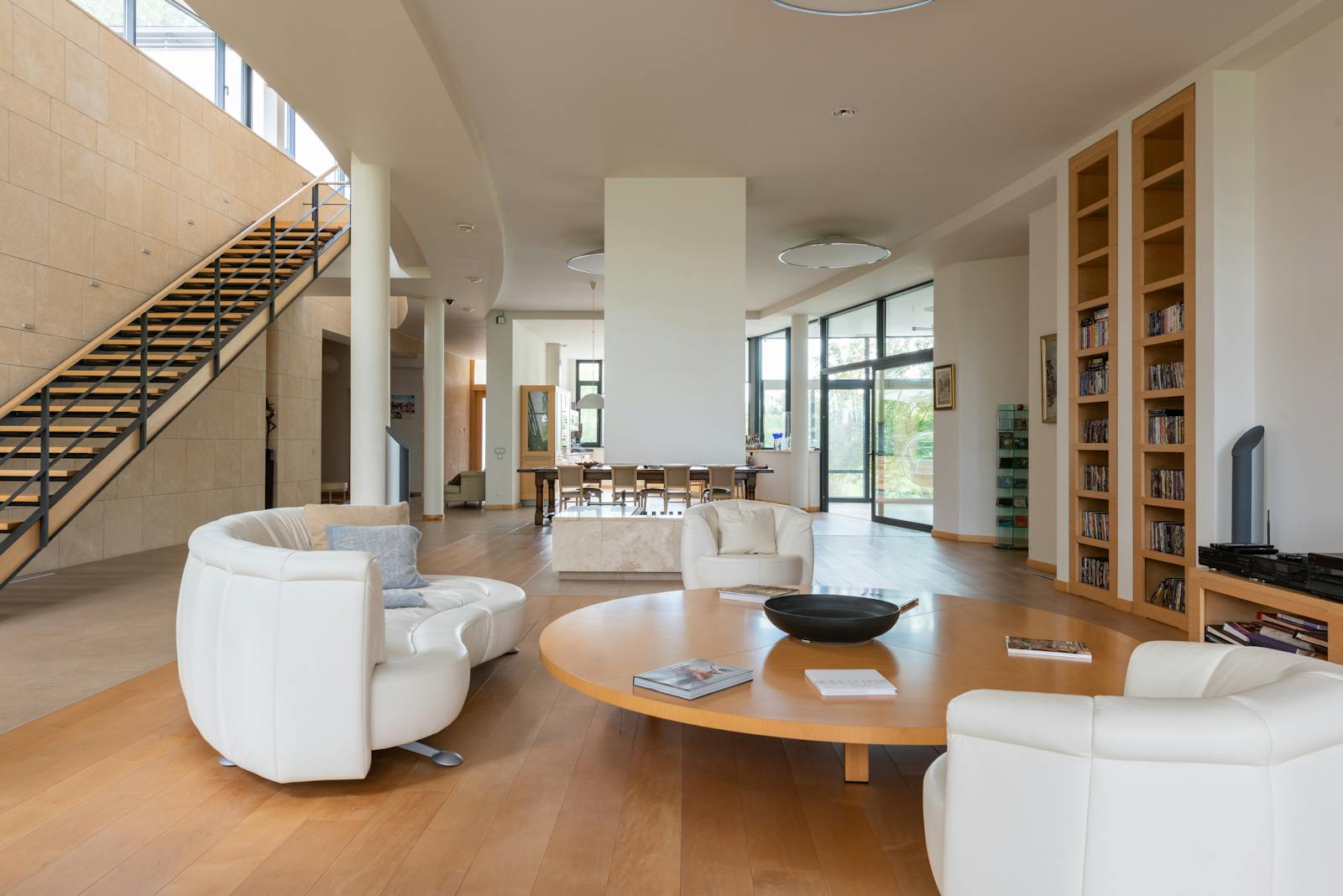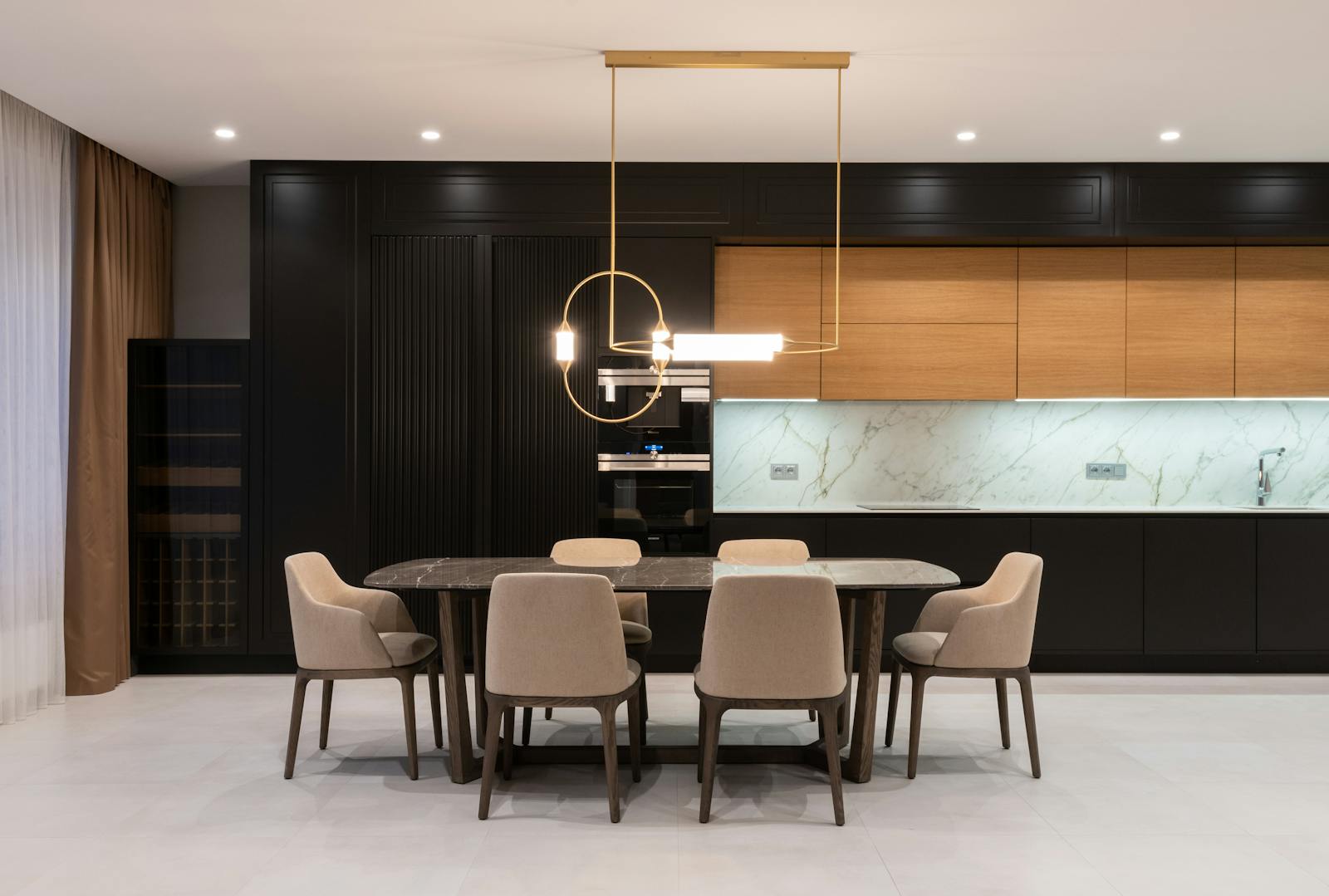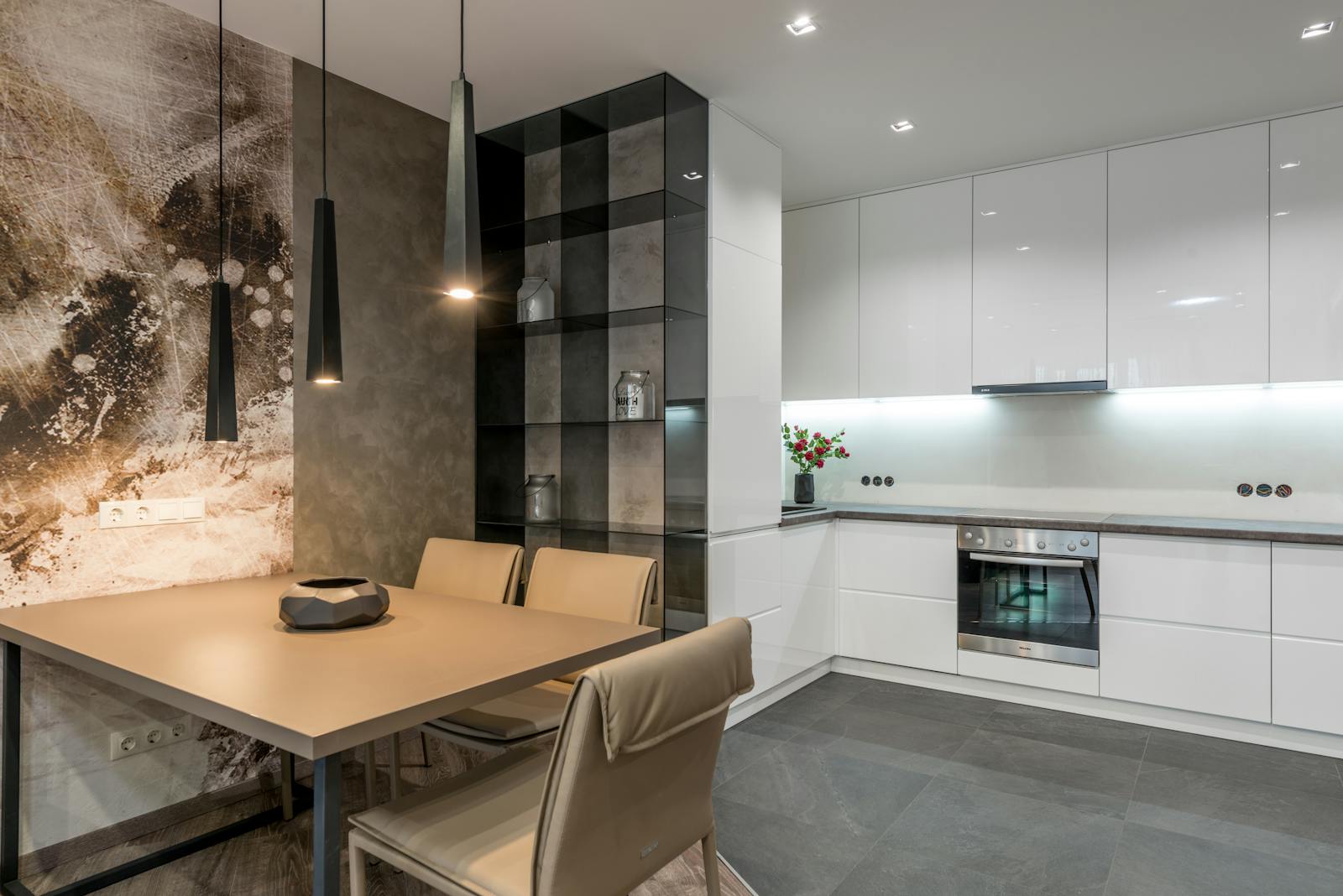Posted on
January 18, 2024
by
Vivien Yang Pleasants
If you are new to BC Speculation and Vacancy Tax( SVT), The Declaration deadline is March 31, 2024
The owner needs to inform the government at the beginning of the next year about the status of the house in the previous year, that is, "declaration". In other words, it is now the 2024 declaration season, and homeowners will declare to the government the vacant status of their houses in 2023. BC’s SVT is LEVIED BY DEFAULT. which means that if you don’t want to pay it, you must prove that you don’t have to pay it, and staying silent means that you should pay it by default.
The BC provincial government emphasized that it will no longer tolerate property owners who fail to pay the speculation and vacancy tax overdue, and overdue owners will be fined. The government will determine whether the owner is exempt from paying taxes based on the use of the property during the year. For example, if the property is used for self-occupation, the property is rented out for more than six months in a year, or other rental exemption conditions are met, the owner will be exempted.
TAXATION AREAS:
Regions that have been affected by this tax for many years in the past include Metro Vancouver, the Capital Regional District, Abbotsford, Mission, Chilliwack, and Kelowna. , West Kelowna (West Kelowna), Nanaimo (Nanaimo) and Lantzville, etc. In addition to the cities in the Lower Mainland that have already been included in the regulations, those that need to START DECLARING IN 2024 include: North Cowichan, Lake Cowichan, Duncan, Ladysmith, Lions Bay and Squamish.
TAX RATE:
If you do not qualify for tax exemption, you will need to pay tax at the corresponding rate: 2% for foreign owners and satellite families, and 0.5% for Canadian citizens or permanent residents. Owners in tax jurisdictions will receive speculation and vacancy tax declarations before the end of February. All owners subject to speculation and vacancy taxes must complete the declaration before March 31, 2024; if the house is not exempt, the taxes must be paid before July 2nd. Otherwise you will be severely fined. The declaration procedure is simple and can be completed within 10 minutes. The fastest way to declare is to complete it online at: https://gov.bc.ca/spectax
WHO NEEDS TO DECLARE:
The BC government says more than 99.9%of BC residents are exempt, but residential property owners in taxable areas must declare. If a residence is owned by multiple owners, each owner must file a separate return, even if the owners are spouses.
Vancouver Empty Home Tax VS BC Provincial Vacant Speculation Tax
Note that the Vancouver Empty Home Tax is different from the British Columbia Speculation and Vacant Tax. The Vancouver Empty House Tax (Vancouver Empty House Tax), as the name suggests, is a tax that only owners living in Vancouver need to pay. The BC Provincial Speculation and Vacancy Tax (Speculation and Vacancy Tax) is another independent tax item that needs to be declared independently, and a property may need to pay two taxes separately.
For example, if a property located in Vancouver becomes vacant in 2023, it will need to pay the Vancouver Empty Home Tax and the BC Provincial Speculation and Vacant Tax respectively; if a property located in Langley becomes vacant in 2023, it will not need to pay the Vancouver Empty Home Tax, but you need to pay the BC Provincial Speculation and Vacant Tax.
NEW TAXATION AREAS IN 2025:
There are also some areas that will join the declaration process for the first time in January 2025, and property owners will make declarations based on how they use their properties in 2024, including:
* Vernon, Coldstream;
* Penticton, Summerland;
* Lake Country, Peachland;
* Courtenay, Comox, Cumberland;
* Parksville, Qualicum Beach;
* Salmon Arm;
*Kamloops.
Owners of vacant residential properties in new tax areas will be given time to change the use of their properties to ensure they qualify for the tax exemption.











